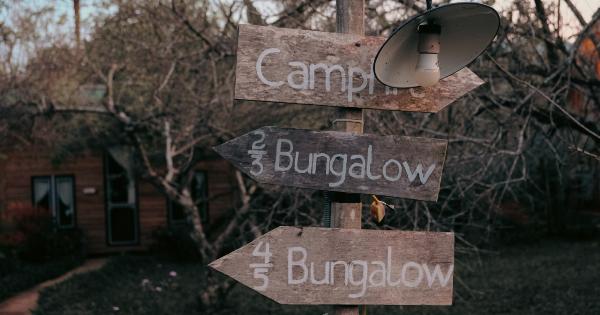Pneumonia is a serious respiratory illness that affects the lungs and can be caused by a variety of bacteria, viruses, and other pathogens. It is a common illness that affects millions of people each year, and it can range from mild to severe.
Informal pneumonia, also known as walking pneumonia, is a milder form of pneumonia that doesn’t always require hospitalization. If you think you or someone you know may have informal pneumonia, it’s important to be aware of the signs and symptoms so you can seek treatment promptly.
What is Informal Pneumonia?
Informal pneumonia is a type of pneumonia that is caused by the bacteria Mycoplasma pneumoniae.
It is a milder form of pneumonia than other types and is sometimes called “walking pneumonia” because people who have it can often still go about their daily activities. It is spread through coughing and sneezing and is most common in children and young adults, although anyone can get it.
Symptoms of Informal Pneumonia
The symptoms of informal pneumonia can vary, but some of the most common signs include:.
- A cough that may produce phlegm or mucus
- Fever
- Fatigue
- Sore throat
- Headache
- Chest pain or discomfort when breathing deeply
- Shortness of breath or difficulty breathing
These symptoms can be mild or severe, and some people may not experience all of them. In some cases, people with informal pneumonia may mistake their symptoms for a cold or flu.
Diagnosing Informal Pneumonia
If you think you may have informal pneumonia, it’s important to see a doctor for diagnosis and treatment. Your doctor may order a chest x-ray or blood tests to confirm the diagnosis.
In some cases, a sample of your sputum (mucus from your lungs) may also be needed.
Treating Informal Pneumonia
Treatment for informal pneumonia typically involves antibiotics to help your body fight off the infection. You may also be advised to rest and stay hydrated while your body fights off the infection.
Over-the-counter pain relievers such as ibuprofen may also be recommended to help reduce fever and relieve pain.
If you have severe symptoms or a weakened immune system, you may need to be hospitalized for treatment. In some cases, oxygen therapy or other respiratory support may be needed.
Preventing Informal Pneumonia
There are several things you can do to help prevent informal pneumonia:.
- Wash your hands frequently, especially after being in crowded or public places
- Avoid close contact with people who are sick
- Cover your mouth and nose when coughing or sneezing
- Stay home from work or school if you are sick
- Get vaccinated against influenza (flu) and pneumococcus
When to See a Doctor
If you have symptoms of informal pneumonia, it’s important to see a doctor right away. The sooner you receive treatment, the better your chances of a full recovery.
If you have severe symptoms, such as difficulty breathing or chest pain, seek emergency medical attention immediately.
Conclusion
Informal pneumonia is a milder form of pneumonia that can still cause uncomfortable symptoms. If you think you may have informal pneumonia, it’s important to see a doctor for a diagnosis and treatment.
With prompt treatment, most people with informal pneumonia make a full recovery.































